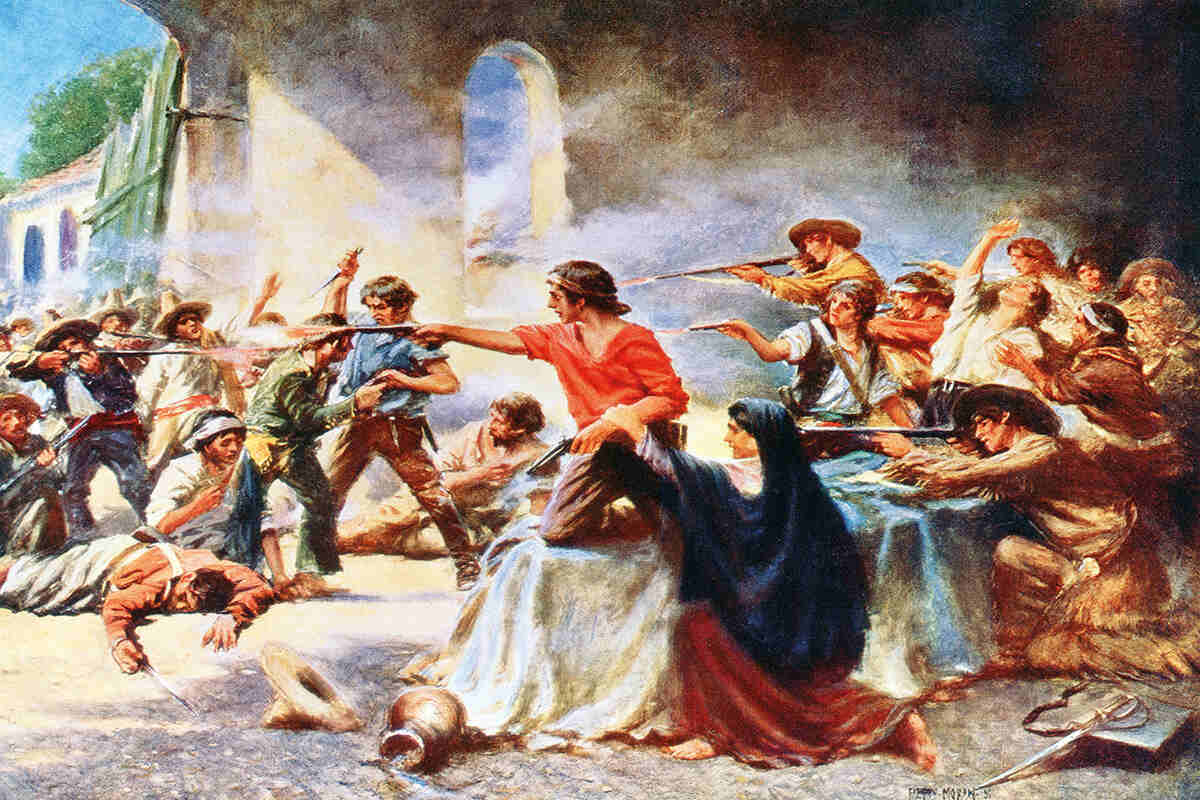
Sam W Haynes tracks the twists and turns of the Texas Revolution in a wealth of detail in this meticulously researched book
Review by David Eimer
The foundation myth of how Texas went from being the northernmost part of Mexico to becoming the newest addition to the USA in a little over 20 years in the first half of the 19th century is now an iconic part of American history. There have been no fewer than eight Hollywood movies about the Battle of the Alamo, the first in 1915, and the legend of rugged Anglo-American individualists settling an untamed land in the face of Mexican aggression is now an essential part of the Lone Star state’s DNA.
But as Sam W Haynes’s meticulously researched book reveals, it is indeed mostly myth. Just as the defeated states of the Confederacy started peddling a revisionist history of the American Civil War from the 1890s – think Gone with the Wind – so groups such as the Daughters of the Republic of Texas immortalised the pioneers who unilaterally declared the region’s independence in 1836 and then fought a vicious frontier war with Mexico until Washington annexed the territory nine years later.
It was an explicitly racial conflict that set out to make Texas a home for white people, rather than for the Native Americans, runaway slaves, Hispanos and indigenous Mexicans who were all living there long before the first Anglo-American settlers started arriving during the early 1820s. Many of those immigrants were from the slave-owning southern states and they quickly excluded African-Americans and Native Americans from being citizens of the new Texas Republic.
Haynes is adept at tracking the twists and turns of the Texas Revolution from both sides of the Rio Grande, and putting it in the broader context of an expansionary USA (California and New Mexico would be annexed soon after Texas) and a chaotic Mexico that had itself only just achieved independence from Spain. There’s a wealth of detail here, although Haynes sensibly focuses on personalities to drive the complex story along. It’s difficult to imagine a more comprehensive account of the birth of Texas.




